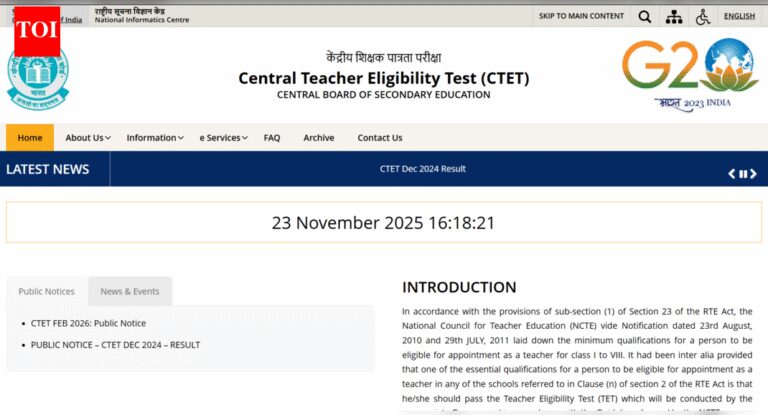
In an era marked by burnout epidemics, shrinking leisure time, and workplaces stretched by relentless demands, the pursuit of balance has quietly become one of the strongest social undercurrents of our time. The Global Life-Work Balance Index 2025 captures this shift with remarkable clarity. Its assessment of the world’s top 60 GDP nations is more than a ranking, it is a reflection of what societies now consider essential to a good life. Statutory leave, accessible healthcare, public safety, fair wages, and humane working hours are no longer debated as benefits; they have become the new global fault lines that separate thriving nations from struggling ones.Work-life balance is no longer a soft concern confined to HR manuals—it is a hard economic indicator, a marker of national priorities, and, increasingly, a measure of collective dignity. The countries that lead the 2025 index do so not because they have the largest economies, but because they recognise a simple truth: a nation’s strength rests not only in its output, but in the wellbeing of the people who produce it.
New Zealand: A small nation with a strikingly expansive philosophy of wellbeing
Topping the list with a commanding score of 86.59, New Zealand once again proves that thoughtful governance can outpace sheer economic size. Twenty days of statutory leave, 80–100 percent sick pay, universal government-funded healthcare, and one of the world’s most progressive minimum wages collectively reinforce a society structured around balance. The average 33-hour workweek and a high Happiness Index score of 6.95 further underline a national culture that protects personal time with the same seriousness it accords to productivity.
Ireland: A European model for harmonising growth and quality of life
Ireland follows with 81.17, illustrating how deliberate state investment in healthcare, workplace protections, and family benefits can elevate a nation’s wellbeing narrative. Universal healthcare access, generous maternity provisions, relatively low working hours, and strong LGBTQ+ protections create a framework in which economic momentum does not overshadow social cohesion. Ireland’s rapid transformation—from a conservative society to a global frontrunner in social wellbeing—remains one of Europe’s most compelling modern arcs.
Belgium and Germany: Social contracts that have stood the test of time
In Belgium (75.91) and Germany (74.37), the commitment to balance is embedded in long-standing social contracts. Belgium’s public insurance model, structured maternity benefits, and defined working hours reflect a welfare architecture built for durability. Germany’s public–private social insurance system, high safety ratings, and extensive labour regulations reinforce a national ethic that sees workers not as units of labour but as rights-bearing citizens.
Norway: A society where equity is a lived experience
Ranked fifth, Norway continues to demonstrate how policy and culture can work in tandem. High inclusivity standards, accessible healthcare, and a deeply rooted respect for personal time make it one of the most socially resilient nations in the world. Norway’s placement is a reminder that balance is not an abstract ideal—it is engineered through decades of political will and societal consensus.
What top-performing countries reveal about the future of work
The 2025 index makes one conclusion unmistakably clear: nations that prioritise life-work harmony are building the most sustainable futures. They share common pillars, universal healthcare, meaningful leave, protective labour laws, safety, inclusivity, and a guarded approach to weekly working hours. These factors are not coincidental. They work synergistically to create societies where productivity remains high precisely because burnout remains low.The broader message is profound. As global competition intensifies and technological disruption accelerates, the smartest countries are not asking people to work more, they are designing systems that allow people to live better.
A global pivot toward humane work
The Global Life-Work Balance Index 2025 is not simply a ranking; it is a reflection of a worldwide reordering of priorities. It shows that wellbeing is not a byproduct of prosperity, it is a precondition for it. The nations that lead have rewritten the terms of what it means to succeed, proving that the measure of a country’s strength is increasingly tied to how effectively it protects the time, health, and dignity of its people.As the rest of the world grapples with its own pressures, from overwork to demographic strain, the lesson is unmistakable: the future belongs to the countries that understand that balance is not a perk. It is the new architecture of a good life.








